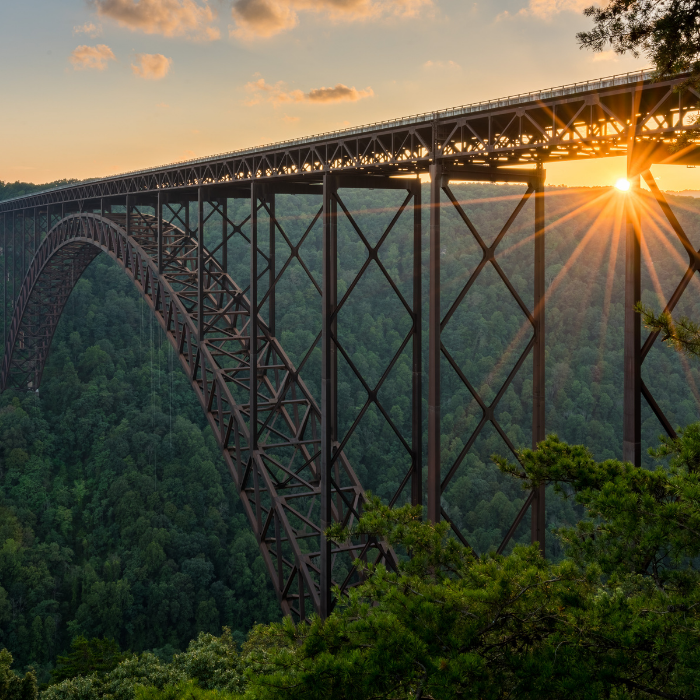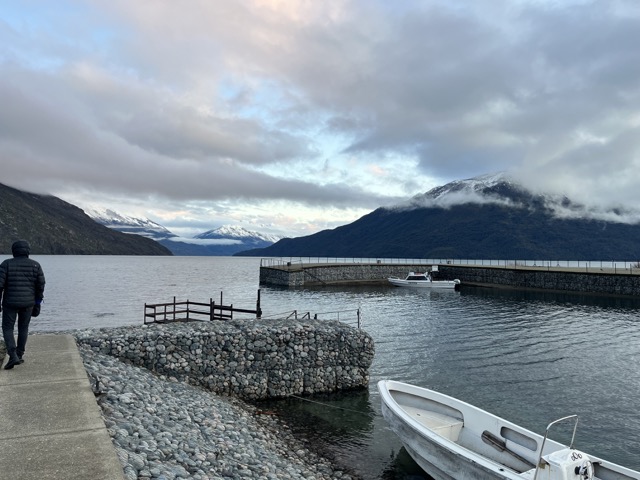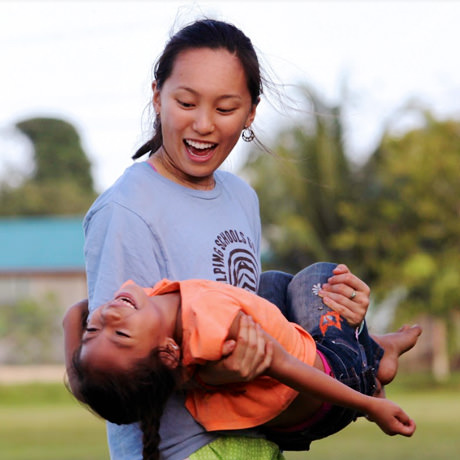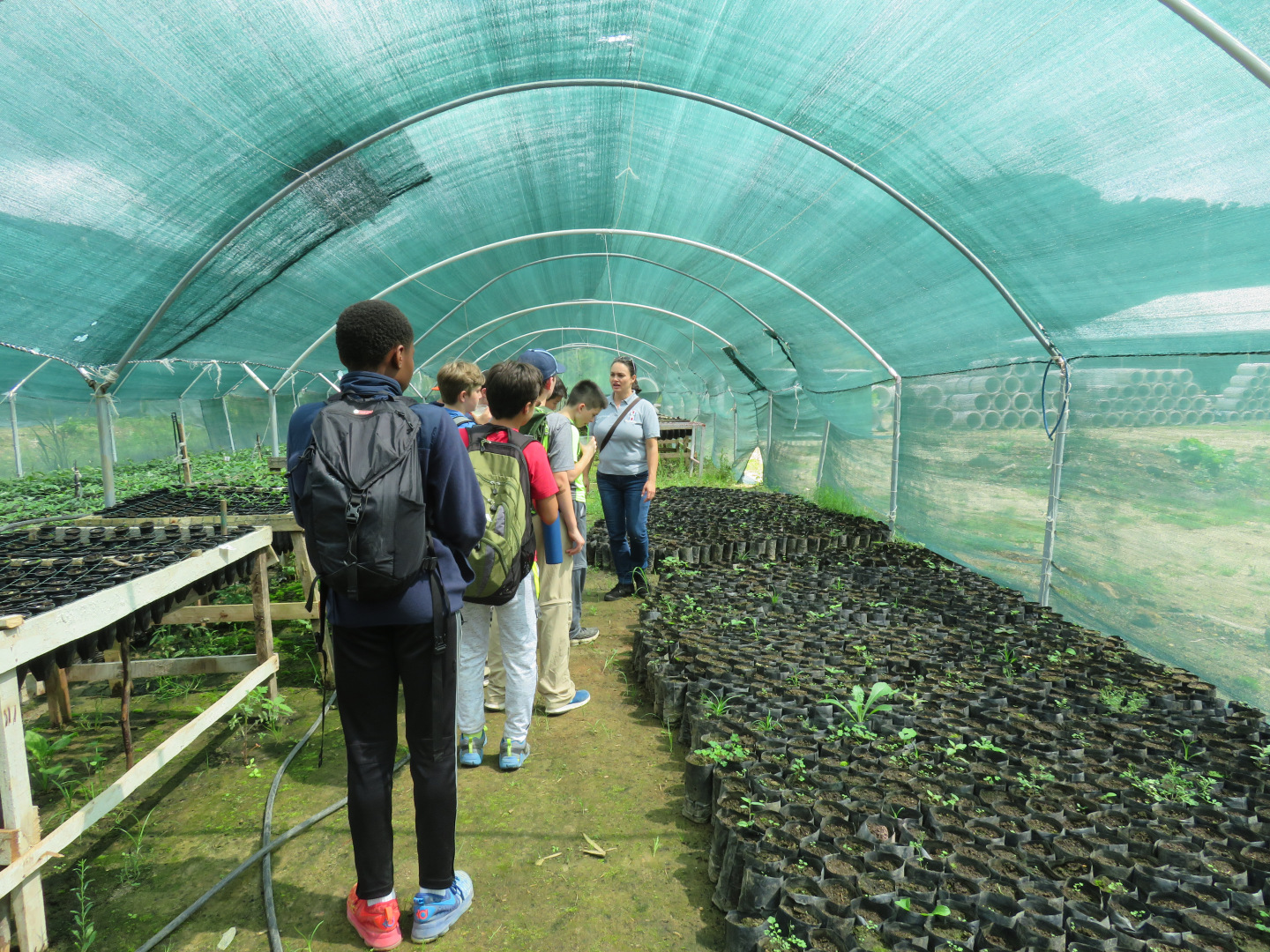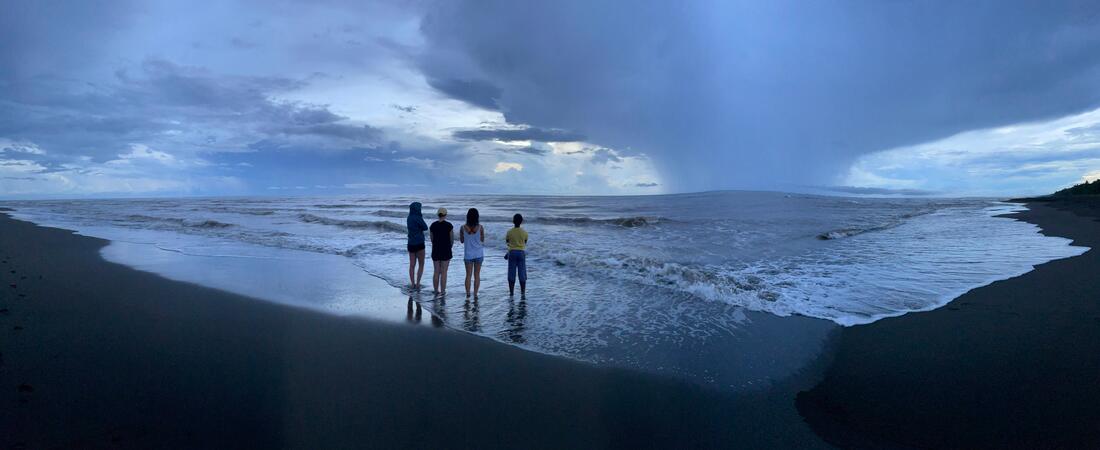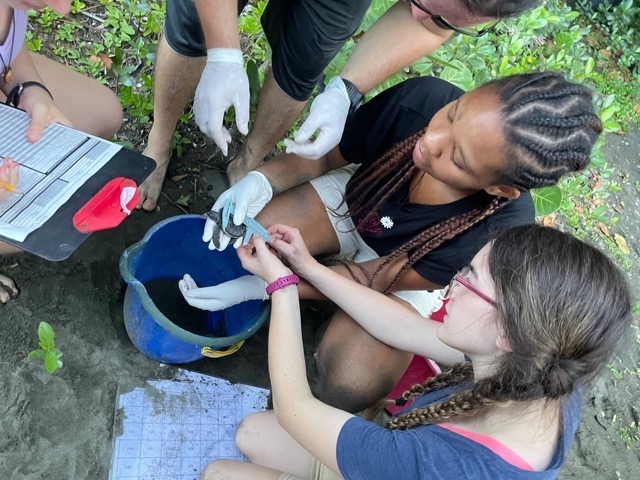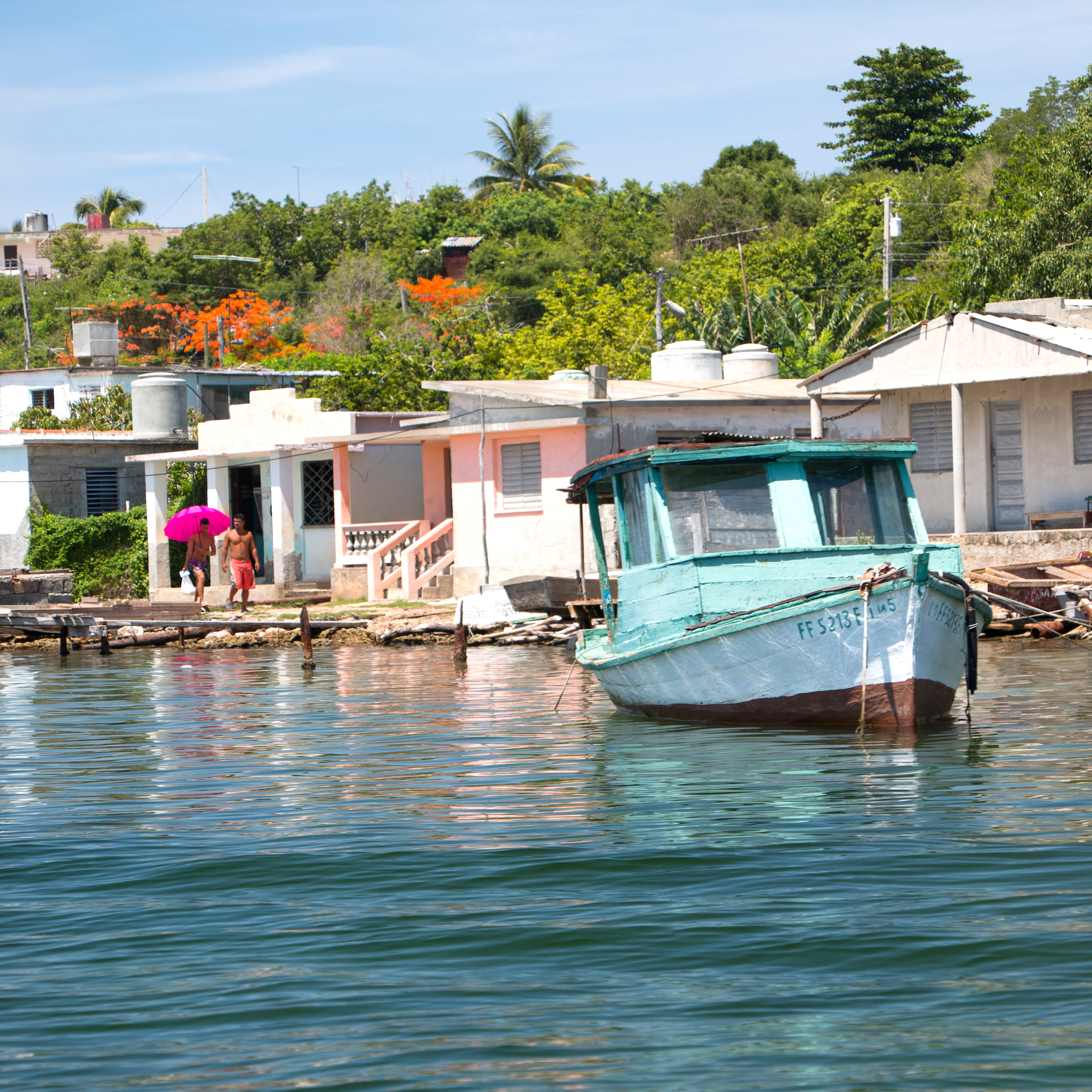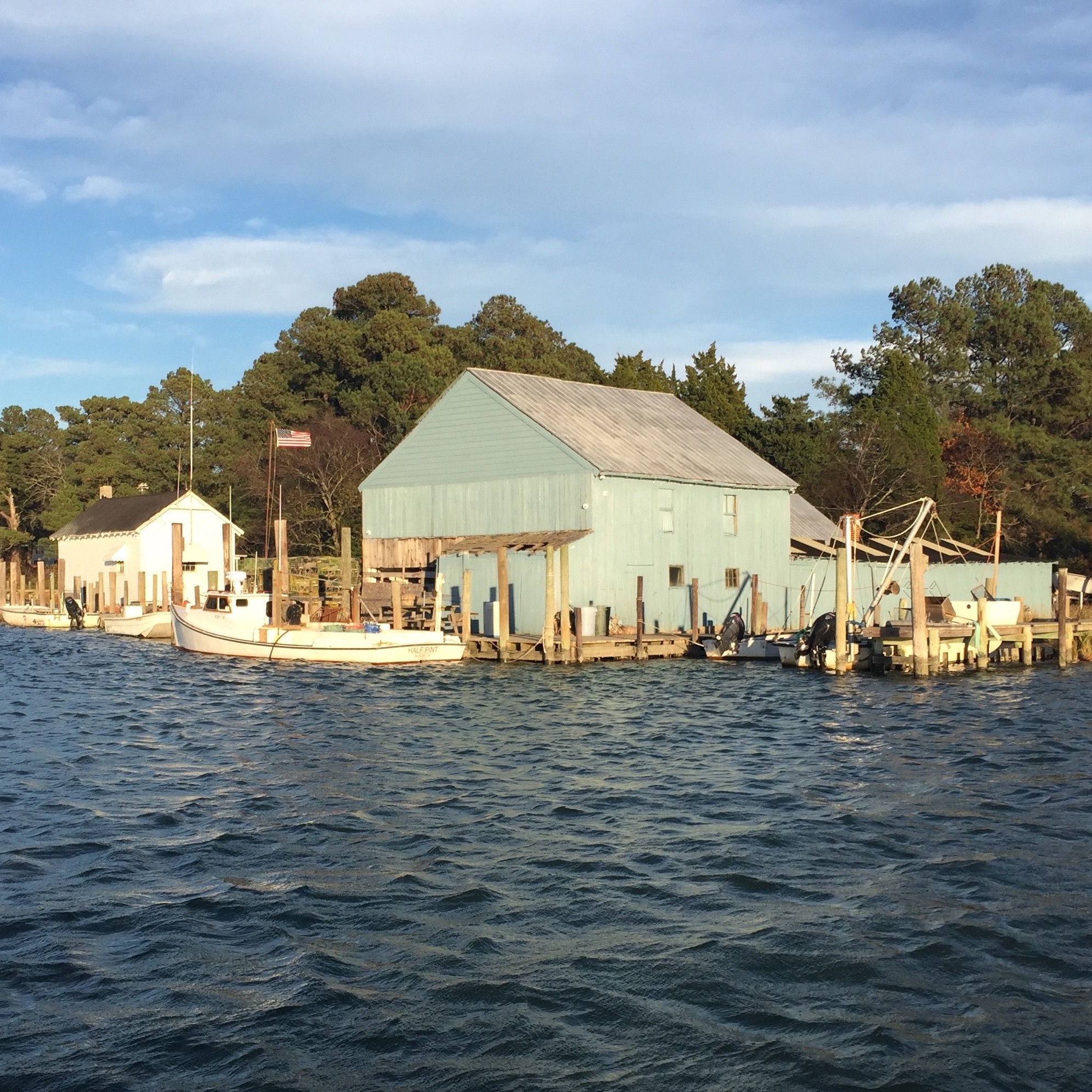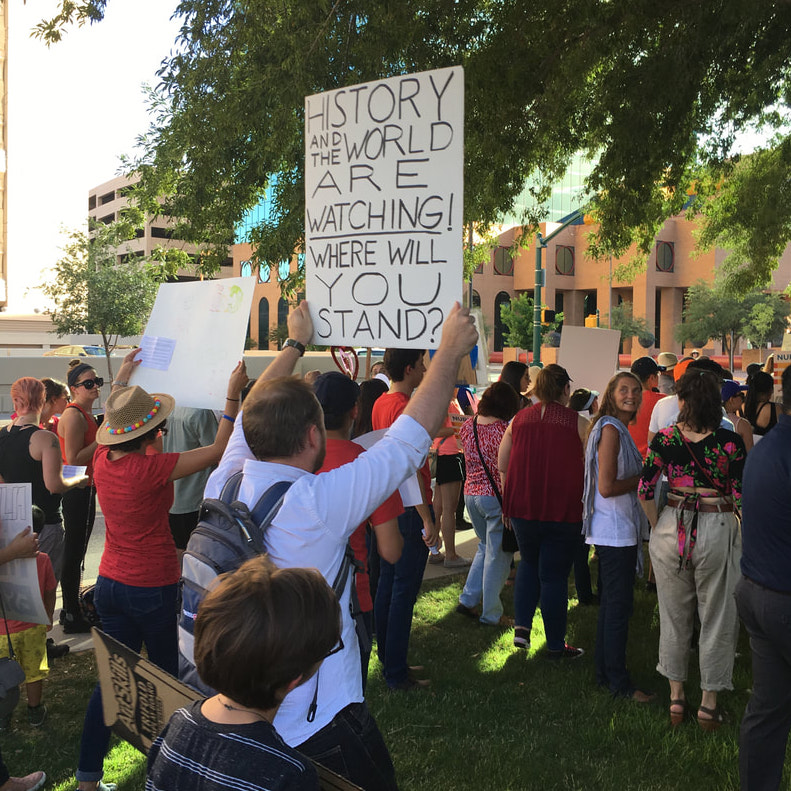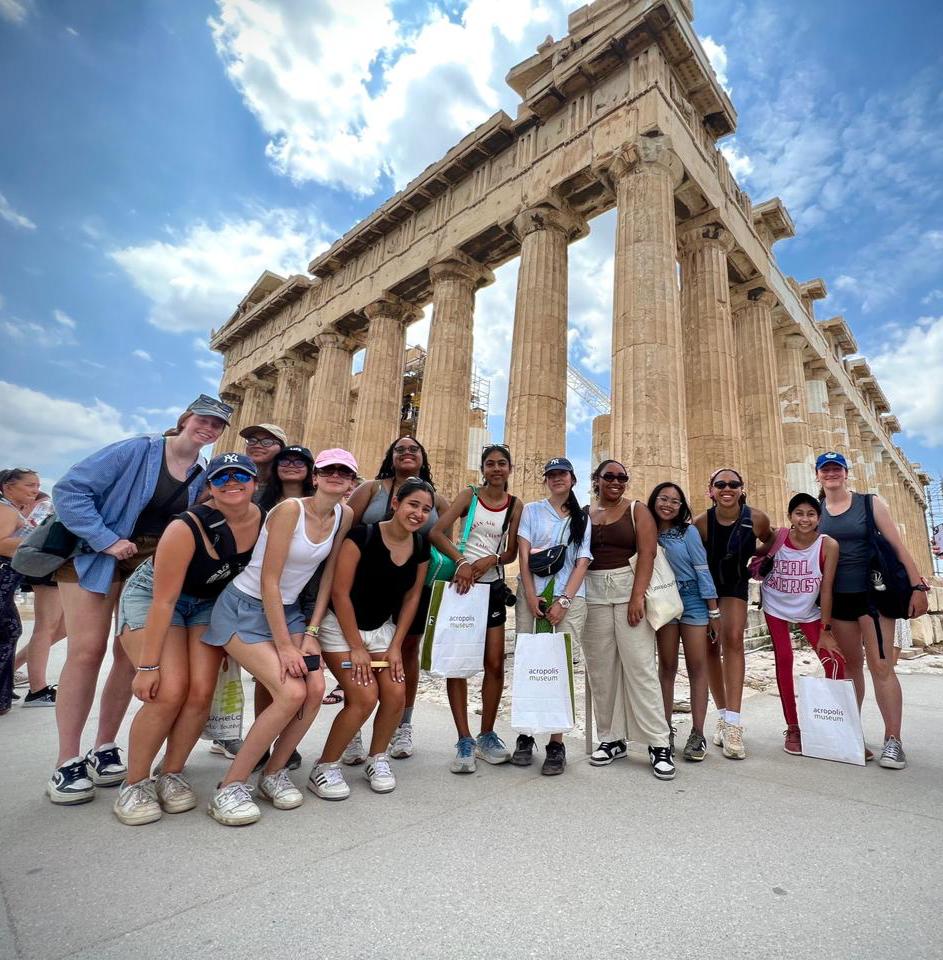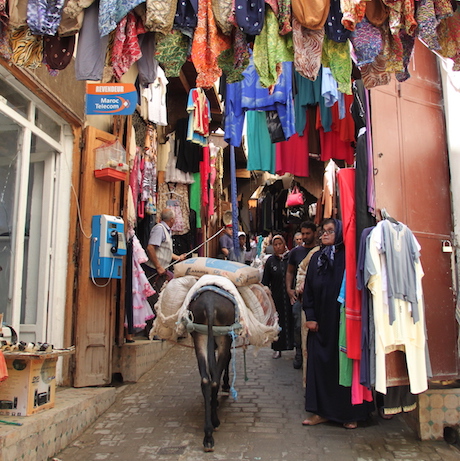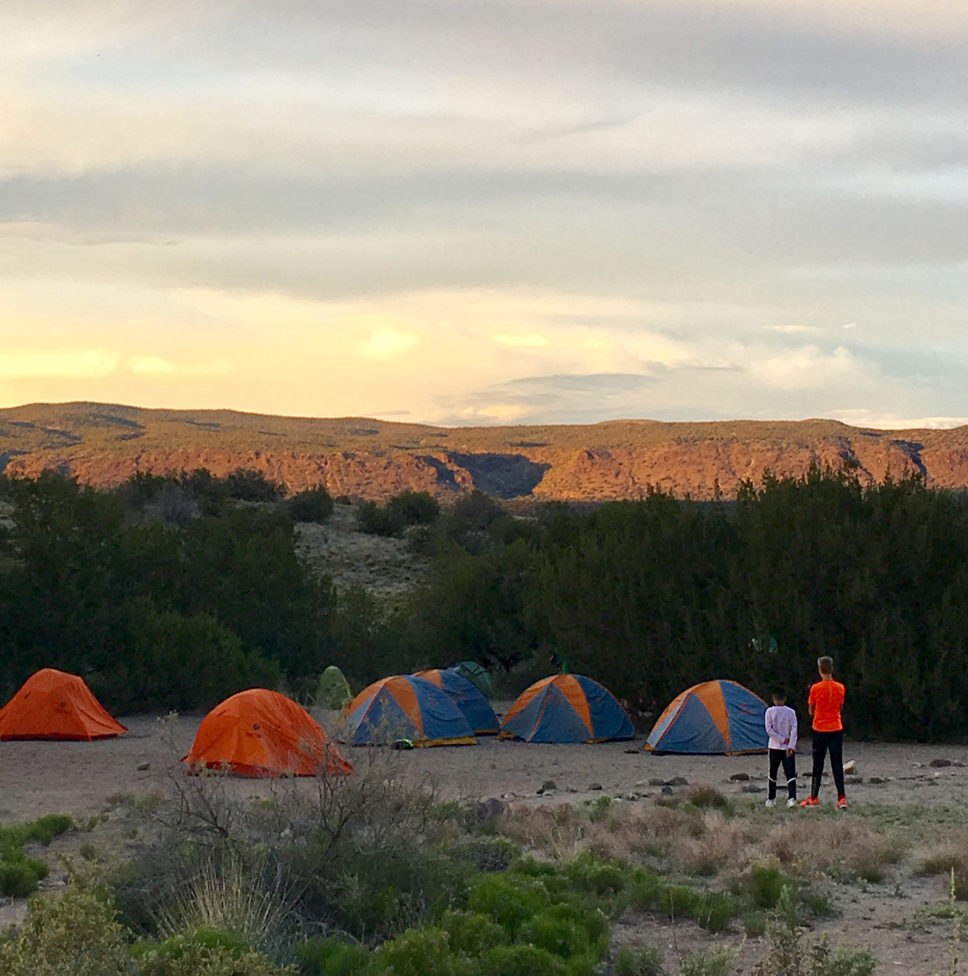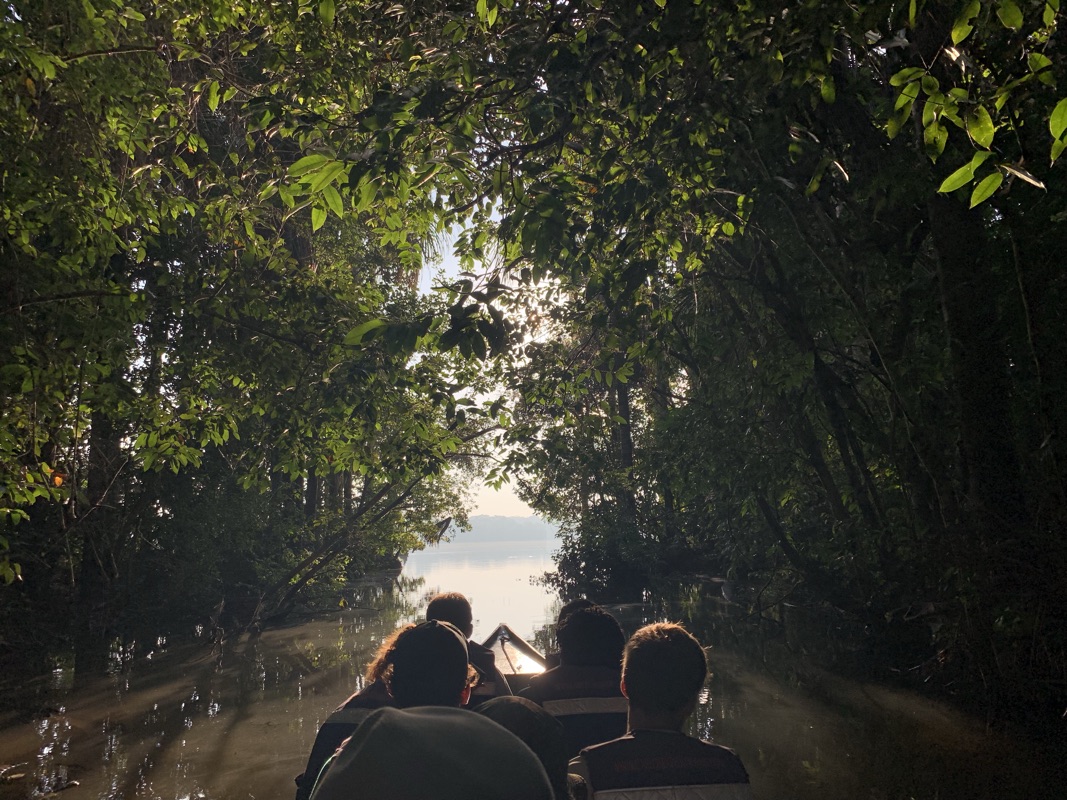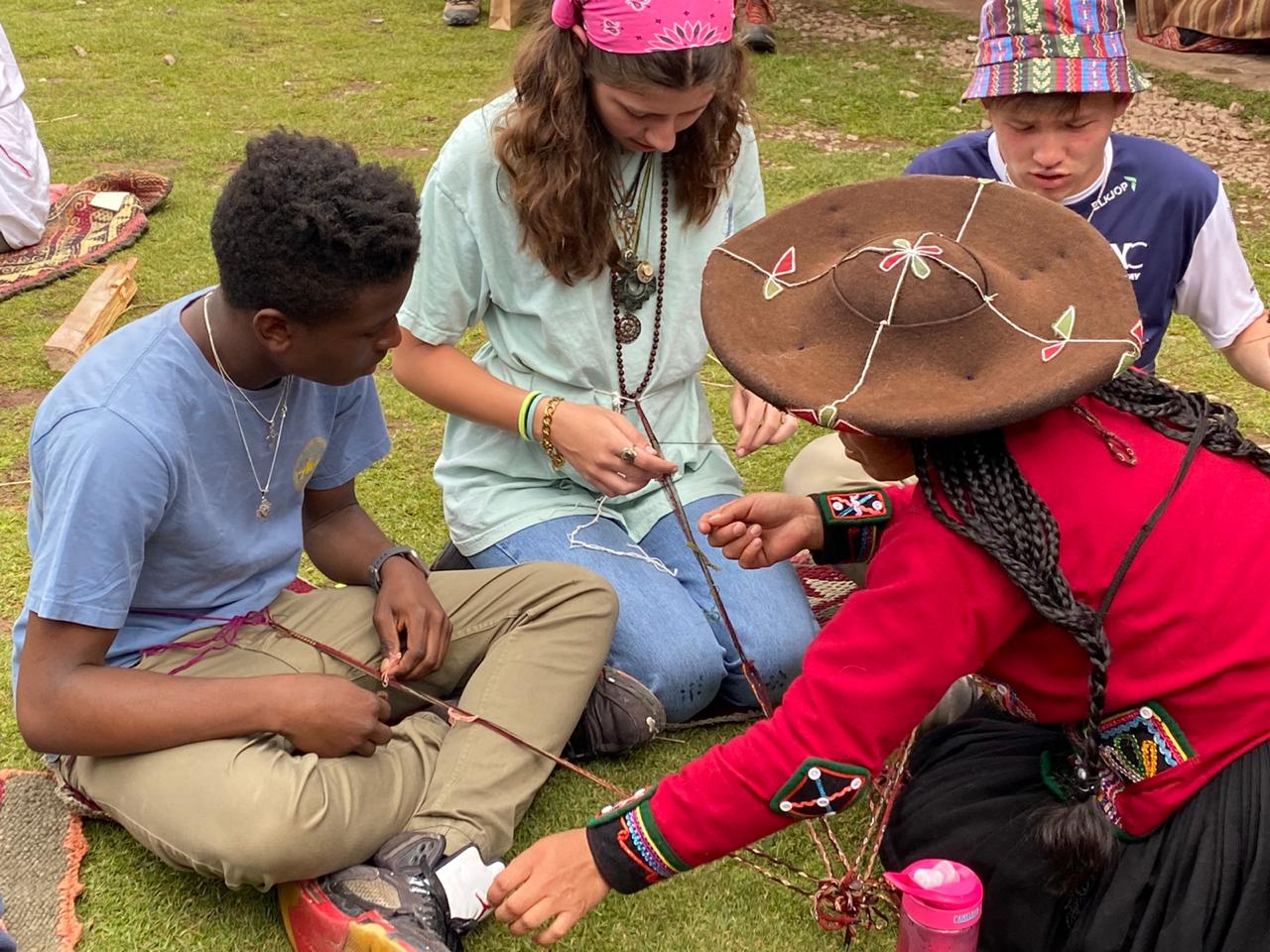The Rockies
This program explores the fascinating natural and human history of the Rocky Mountain region on the border of New Mexico and Colorado. We explore 14,000-foot mountains with jaw-dropping views, millennia-old Native American history and traditions, diverse high-altitude ecosystems, epic wilderness, and world-class whitewater. Each program varies according to time and learning goals, but options include:
- Explore Native American traditions and culture in northern New Mexico and hike in Tent Rock and Bandelier National Monuments
- Travel through the Sangre de Cristo mountains on an overnight backpacking trip
- Sandboard and stargaze at the 750-foot tall Great Sand Dunes National Park
- Explore environmental science from scientists at Rocky Mountain Biological Laboratory in Gothic, Colorado
- Raft through the whitewater of the Arkansas and middle Rio Grande rivers
- Get up close and personal with gray wolves at the nonprofit Mission Wolf and learn about wolf behavior, habitat, and history
In this adventure-filled program, we explore all that Colorado and northern New Mexico have to offer: snow-covered peaks, aspen groves, sand dunes, and wild rivers. We will also understand how this unique region presents a founding story of the USA that is different from what is often taught in history books. 1607 was the year the English founded Jamestown in Virginia, but it’s also when Spanish explorers and missionaries started the colonial capital of Santa Fe in present-day Mexico. Santa Fe would help extend the Spanish Empire as far north as Montana before the United States seized the region from Mexico during the Mexican-American War in the 1850s. Today New Mexico remains more Hispanic than Anglo, and Spanish American residents living here proclaim “we did not cross over the border, the border crossed over us.”
This area’s history, however, goes farther back than the 500 years of European influence. The Pueblo Indians of the Rio Grande Valley and other tribes such as the Apache, Shoshone, Comanche, and Ute lived and traded in these mountains and river valleys. We explore how indigenous cultures live on in modern-day Pueblo culture.
The safety of our programs rests on the experience and skills of our Staff, Country Coordinators and Instructors, who convene at our annual training in Colorado’s Arkansas Valley.
- The Staff of World Leadership School have decades of experience working in different educational environments. Their focus is logistics, risk management, program design, professional development, and consulting.
- Our Country Coordinators live and work year round in our overseas countries. They screen our homestay families, evaluate our transport and other service providers, and provide ground support for our groups.
- Our Instructors are veteran educators with extensive international experience. They have wilderness first responder training and often have past affiliations with Peace Corps, Outward Bound, NOLS, and/or independent schools.
We strive to responsibly manage risks. Our itineraries minimize highway travel and maximize immersion in communities that we know well. We update our risk management protocols, integrate feedback into program design, and invest in safety and communication equipment. Despite these efforts, World Leadership School cannot guarantee safety nor can it eliminate the inherent and other risks of international student travel. For information regarding program activities and associated risks, risk management, and student and parent responsibilities, please contact our office.


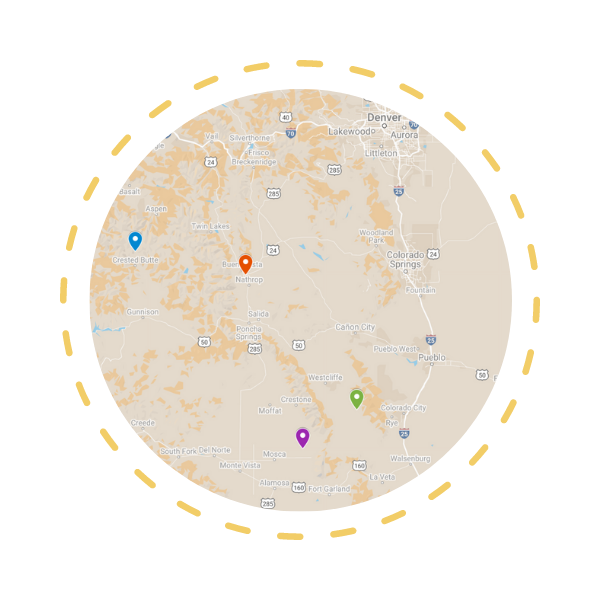
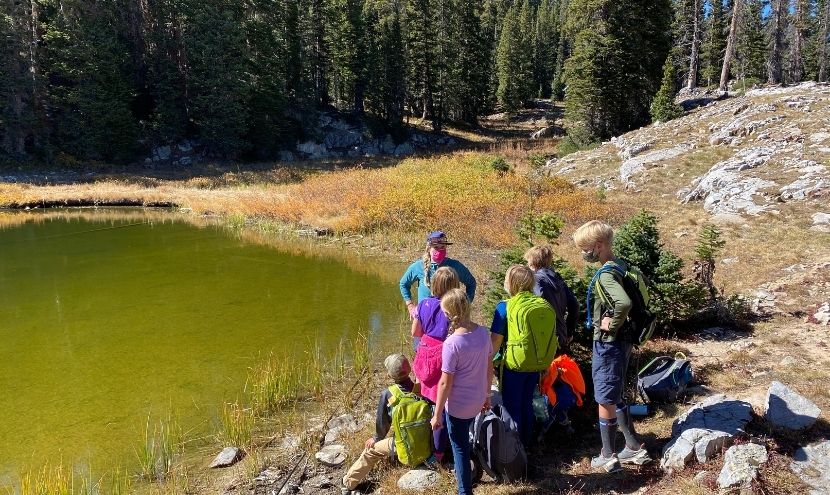
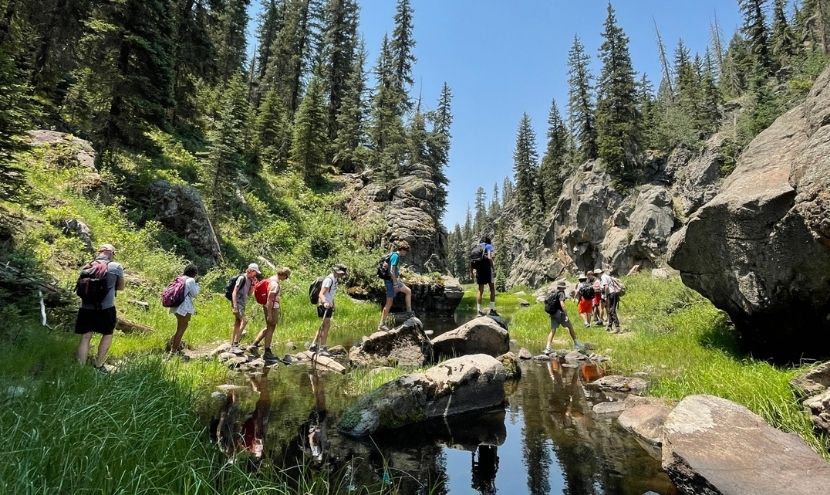
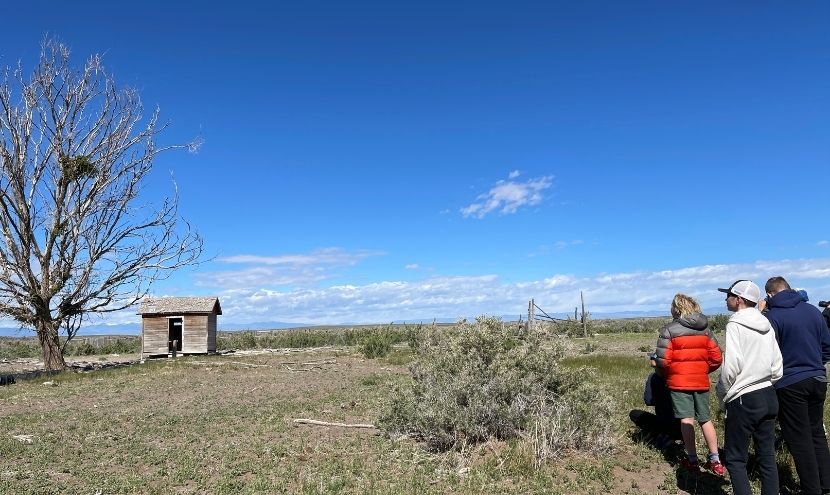
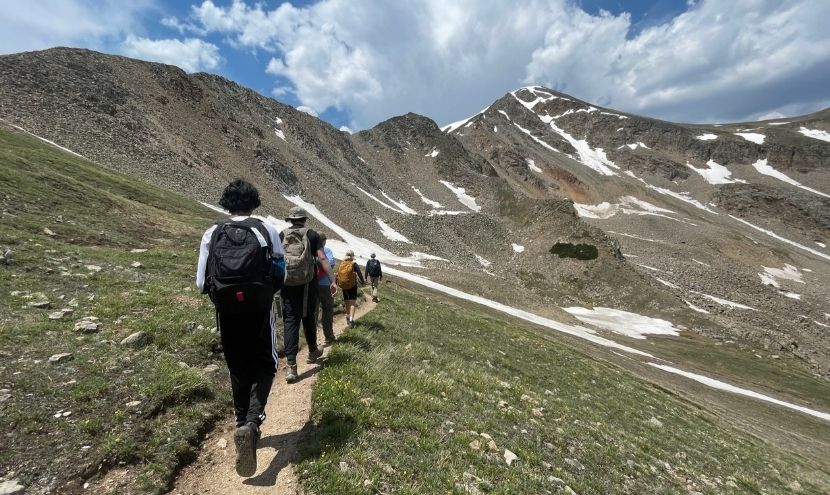
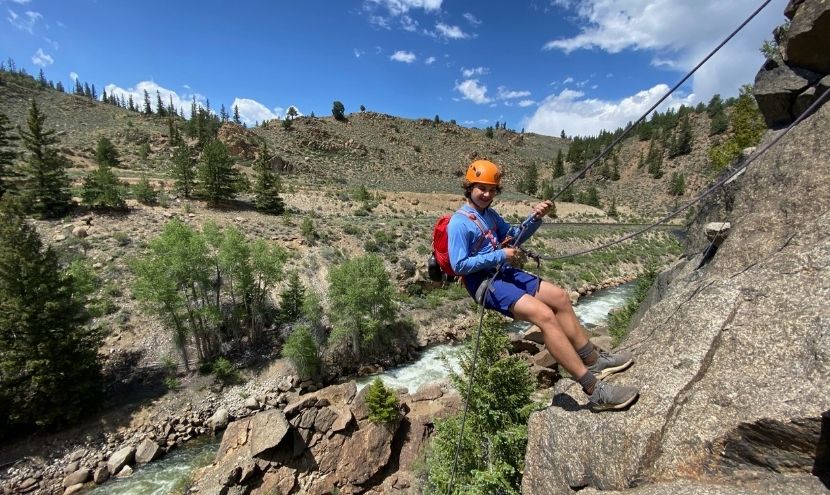
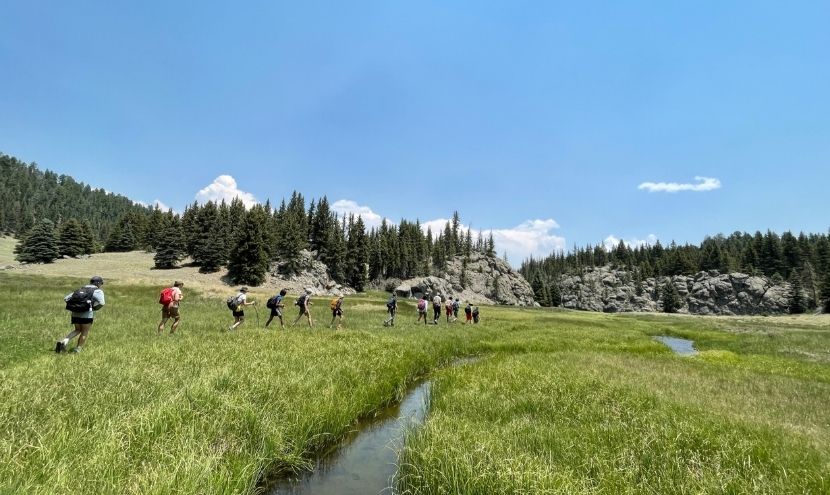

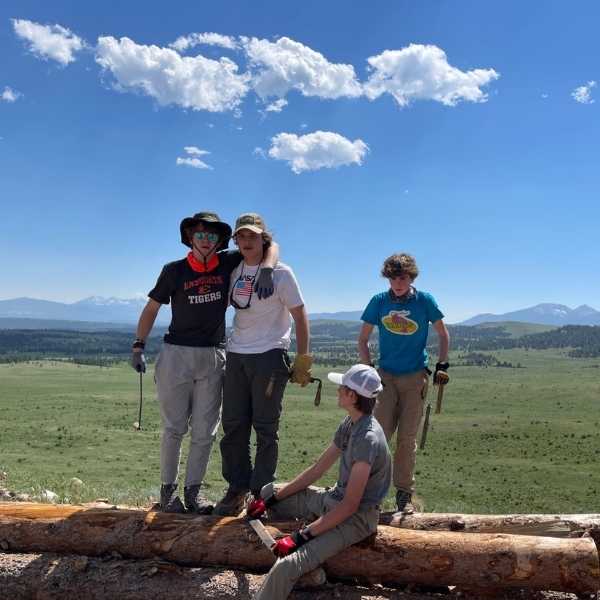
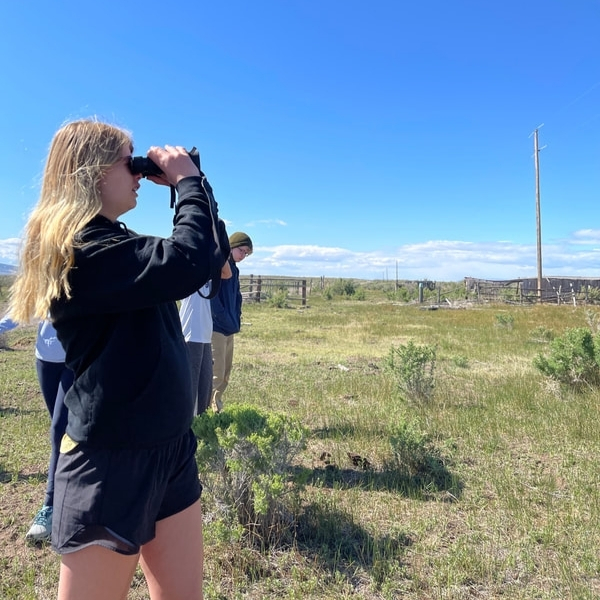
 Explore WLS
Student travel locations
Explore WLS
Student travel locations
